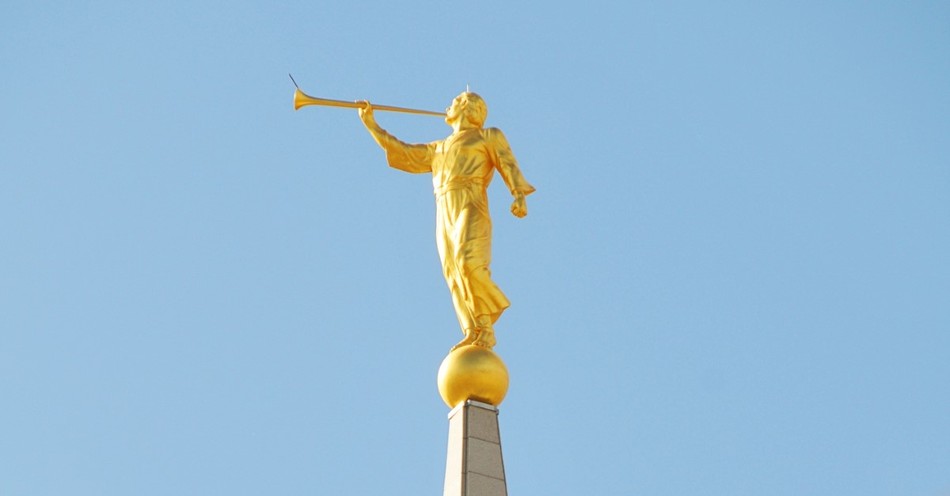Often capturing public fascination, Mormonism can actually refer to several different groups. The most well-known group of Mormons is the Church of Jesus Christ of the Latter-day Saints, which was founded in the early 1800s.
Later, branches of the original Mormon church were started with each splitting over differences in theology or conflict over certain religious practices.
Here are 10 things to know about Mormonism:
Photo courtesy: © Getty Images/NikonShutterman
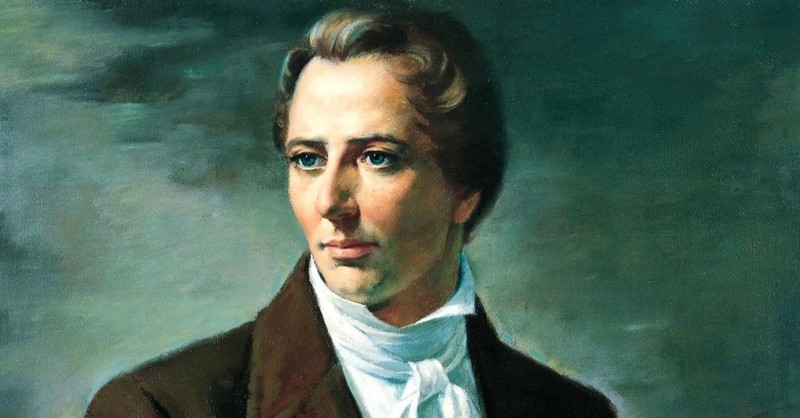
1. Mormonism came out of a movement from Joseph Smith.
Reports indicate that at 14 years old, Joseph Smith was “confused about religion” and went to the woods to pray. In 1823, Joseph Smith said the angel Moroni visited him. The angel told him about an ancient record that detailed God’s work with the former inhabitants of America. Smith said he found those records and translated them into what would become the Book of Mormon. In 1830, he organized the first Church of Jesus Christ of Latter-day Saints and became its first president. He is believed by the church to be a prophet.
He is credited with establishing thriving cities in Ohio, Illinois, and Missouri, and also with growing the church from just six members to some 26,000. He also helped organize the building of church temples. However, he was persecuted by those who opposed him and was killed by a mob in 1844.
Photo courtesy: [email protected]/Flickr.com
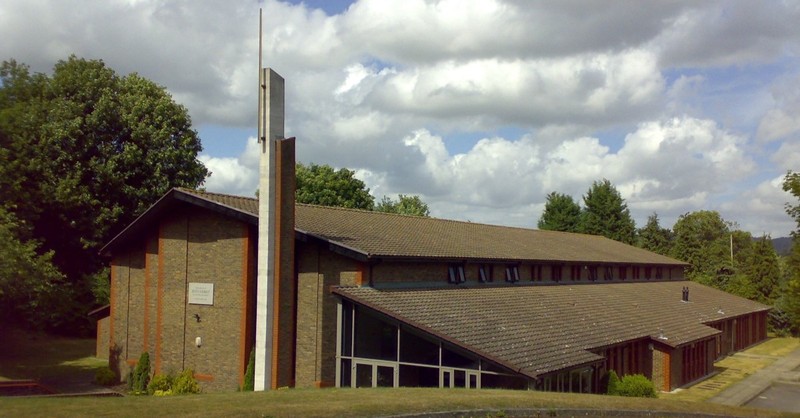
2. Mormonism is the core theology of the Church of Jesus Christ of Latter-day Saints.
Mormonism is the theology of the Church of Jesus Christ of Latter-day Saints. Members of the church are often called Mormons. The term was originally considered derogatory, but today it is considered acceptable. However, the LDS church has explained that the word Mormon is sometimes used to describe other splinter groups that are not affiliated with the Church of Latter-day Saints, such as polygamist groups.
Mormonism is marked by several “saving ordinances,” or what other religions may call “sacraments.” These ordinances include baptism by immersion, confirmation, receiving the gift of the Holy Ghost, an endowment in the temples, and marriage.
“Ordinances and covenants help us remember who we are,” the LDS church says on its official site. “They remind us of our duty to God. The Lord has provided them to help us come unto Him and receive eternal life. When we honor them, He strengthens us.”
Photo courtesy: Matthew Bembridge/Flickr

3. Mormons self-identify as Christian.
The LDS church believes Jesus is the Son of God and that he was the fulfillment of prophecies in the Old Testament. They also believe in Jesus’ life and ministry as described in the four gospels. They also believe in the virgin birth.
Mormonism is sometimes not considered a form of Christianity, but the LDS church has maintained that they are not heretics and believe in Jesus. However, the church does believe that the trinity is made up of three separate entities, unlike historic Christianity, which said God is all three. Also, Mormonism says that Jesus was the virgin firstborn Son of God and his death gives immortality to all people, according to the North American Mission Board.
Andy Naselli provides this perspective on whether Mormonism fits with orthodox Christian doctrine:
Transcripted from the video above:
"I have dozens and dozens of Mormon relatives that I just had a family reunion with them in December. I love them. They're moral people, very much good people. I love them. And they consider me a Christian, and they so badly want me to consider them Christians. And it's so heartbreaking to explain this that well, when you think about it, you look at our doctrines and compare them to yours, they don't match in the most significant places. The doctrine of God is different. The doctrine of Jesus is different. The doctrine of salvation is different. And in all my debates and discussions with Mormons, it's really come down to one thing, and that's the locus of authority, the center of authority. For Christians, for evangelicals, we go to the Bible alone. It's Sola scriptura, only the scripture. The Mormons have not only the Bible, they have three other books, the Book of Mormon, the Doctrine and Covenants, and the Pearl of Great Price.
Plus, they have people, apostles, elders who are still giving revelation. So if there's a tier of authority, they go with their leaders and then their Holy books and then the Bible, when there's any kind of disjunction or maybe seeming contradiction. And we would say, no, no, no, we go just to the Bible. So that's the fundamental bottom line difference, because when you try to debate something or discuss something, that's the impasse. We'll say, well, the Bible says this. And then they quote their other writings and then they quote their leaders. But if you can't get beyond the Revelation issue, you can't really move forward. They believe Jesus Christ is a God. We believe He is God, no qualification. They reject the Trinity as Protestants understand the Trinity.
They view Jesus not as eternally existing as the second person of the Godhead. He is much lower than we would view him. We view God very high. They view God the Father, very high. We view Jesus just as high, they do not. And that right there is a fundamental of the Christian faith that Jesus is God himself, who existed forever and then was incarnated in history and is exalted with the Father now. So significant difference there."
Photo courtesy: ©GettyImages/kckate16
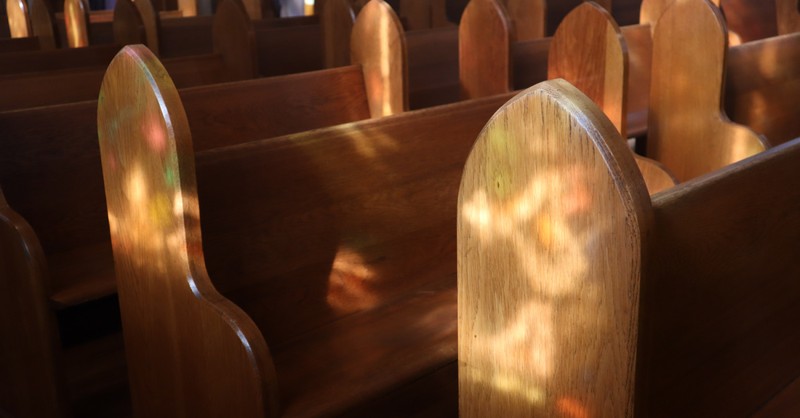
4. There are a few different sects of the Mormon Church.
A common misconception is that all Mormons are part of the LDS church. The LDS church is the main group with its roots with Joseph Smith. Another group of Mormons that are not affiliated with the official LDS church is the Fundamentalist Church of Jesus Christ of Latter-day Saints. This sect came to media attention with the conviction of church leader Warren Jeffs. The FLDS do practice polygamy, which was suspended by the LDS church in 1890.
Another different offshoot of Mormonism is the Apostolic United Brethren, which has members in many states. This group came about when their leader, Joseph W. Musser, split with other Mormon fundamentalists. This group practices polygamy as well.
Another Arizona sect, called Centennial Park group, came from conflict over leadership in the 1980s leadership of the FLDS church. The Centennial Park group, unlike other sects of the FLDS church, advocates spreading the group’s message. While they do practice polygamy, they are against underage girls being forced to marry.
Photo courtesy: ©Channel 82/Unsplash
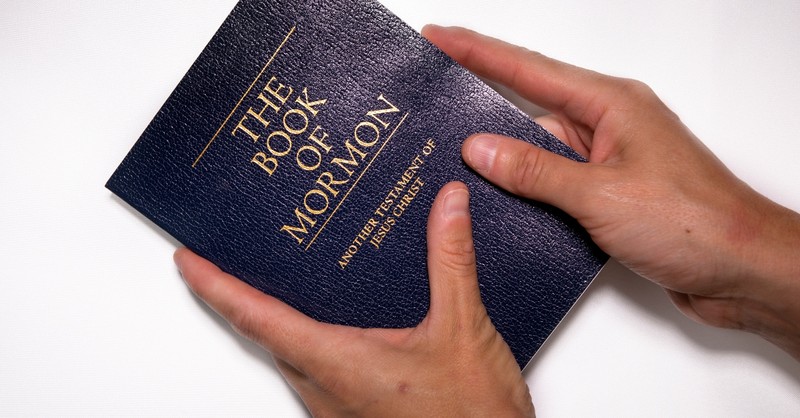
5. The Book of Mormon is the second sacred text of Mormons.
Next to the bible, the LDS church believes in the Book of Mormon. Mormon prophets who lived from 600 BC to AD 400 wrote the book. As we touched on above, the Prophet Joseph Smith translated the ancient book by what he called a revelation from God.
It has since been translated into more than 80 languages and more than 150 million copies have been printed. According to the book, Christ established his church in the “Old World,” or ancient America. People lived in unity for nearly 200 years after Jesus. Later, people abandoned Christ’s teachings and a war of extermination occurred.
The book refers to Jesus almost 4,000 times. The LDS church calls it “another testament of Jesus Christ.”
Photo courtesy: ©Getty Images/Lizzie Maher

6. Mormons have special temple garments.
Many believing LDS members wear a garment under their clothing that “has deep religious significance,” which they say is akin to a priest’s robe or a nun’s habit. The clothes are designed to be modest underclothing and come in two pieces. It’s called the “temple garment.”
According to the LDS site, the garments are sometimes erroneously called “magic underwear.” The name is incorrect and offensive, the site says. The garments are meant to show a promise of fidelity to God’s commandments and the gospel of Jesus. Worn under clothing, it represents “the sacred and personal aspect of their relationship with God and their commitment to live good, honorable lives.”
Photo courtesy: ©Getty Images/Viet Nguyen

7. Mormon diet and lifestyle guidelines are called the Word of Wisdom.
The dietary code of Mormons is called the Word of Wisdom. It advises avoiding coffee, tea, alcohol, tobacco and illegal drugs. Believers are encouraged to eat proper portions of food and not waste or overindulge.
Following this will lead to “mental, emotional and spiritual health,” according to the LDS church. Caffeine is not specifically mentioned in restricted items, but the Word of Wisdom advises caffeine can “inflict much harm to a person, often in subtle ways.”
The Word of Wisdom also includes advice on respecting your body, such as avoiding tattoos and body piercing (except for in the case of women’s pierced ears).
Photo courtesy: ©Getty Images/Photoboyko

8. They believe in a “spirit world” after death.
The LDS church believes in a “spirit world” after death. President Brigham Young taught that after people die, our spirits stay on earth, waiting, working, and learning until resurrection. All spirits are in adult form, even if someone died as an infant.
Righteous spirits experience a “paradise” of happiness, rest, and peace. Those who have not heard the gospel of Jesus, meanwhile, will experience a “spirit prison.” In this state, they may still accept the gospel and ordinances and leave the prison and go to paradise. Those who rejected the gospel will suffer “in a condition known as hell.”
Finally, because of the atonement of Jesus, all people will be resurrected, where the spirit is reunited with the body.
Photo Credit: © Getty Images/coffeekai

9. Fundamentalists are the only sect of Mormonism to practice polygamy.
Many offshoots of the LDS church are fundamentalist churches, where polygamy is practiced. The LDS church does not believe in this practice.
In the early church, Joseph Smith taught of plural marriage, but in 1890 the practice was rebuffed and then banned.
The group that does practice polygamy is the FLDS church and other fundamentalist branches. The FLDS broke away from the LDS over the issue of polygamy, believing that plural marriage is a commandment from God.
Warren Jeffs, who was convicted for sexual assault of two girls, was the leader of this movement. Some reports say he had as many as 70 wives. Other reports say Jeffs was responsible for forcing young teen girls to be married off to other church members.
Photo courtesy: ©Thinkstock/KatarzynaBialasiewicz
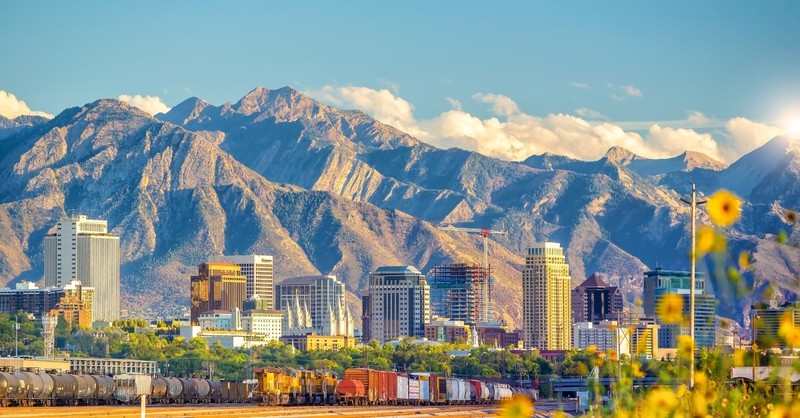
10. The headquarters for the Mormon church are in Salt Lake City, Utah.
Brigham Young, the second president of the LDS church after Joseph Smith, headquartered the LDS church in Salt Lake City, Utah. He is credited with helping to make the church’s community in the Utah area as self-sufficient with local manufacture of goods that would otherwise need to be imported from the east. He, himself, practiced polygamy and was even tried for it, but not convicted.
According to the LDS, he was sometimes called the “American Moses” for leading some 60,000 to 70,000 people to the uncivilized west. “This is the right place,” he is credited with saying after he looked out on what would become Utah lands.
Today, Brigham Young University stands in his honor in Provo, Utah. It is owned by the LDS church.
RELATED PODCAST: Ever wonder how to have a meaningful and Christ-centered conversation with a member of The Church of Jesus Christ of Latter-Day Saints? Hear this interview with Eric Johnson, author of 'Introducing Christianity to Mormons: A Practical and Comparative Guide to What the Bible Teaches,' as he shares resources for reaching people of the Mormon faith.
Photo courtesy: ©Getty Images/f11photo
This article is part of our Denomination Series listing historical facts and theological information about different factions within and from the Christian religion. We provide these articles to help you understand the distinctions between denominations including origin, leadership, doctrine, and beliefs. Explore the various characteristics of different denominations from our list below!
Catholic Church: History, Tradition & Beliefs
Jehovah's Witnesses & Their Beliefs
The Church of Latter Day Saints & Their Beliefs
Baptist Church: History & Beliefs
Presbyterians: History & Beliefs
Mennonites & Their Beliefs
United Methodist Church: History & Beliefs
Seventh-Day Adventists & Their Beliefs
The Pentecostal Church: History & Beliefs
Lutheran History & Beliefs
Publication date: May 21, 2018
